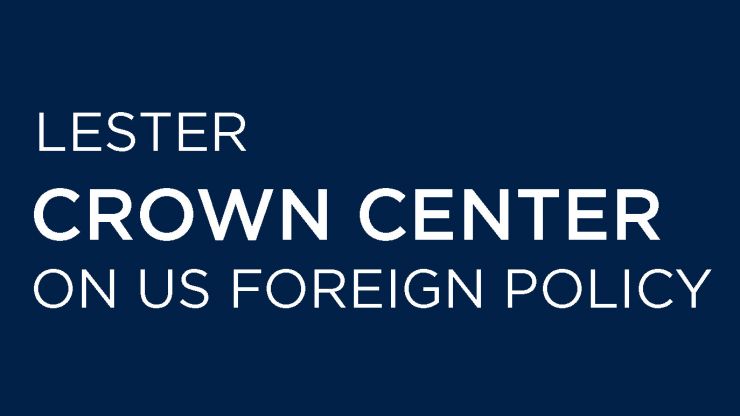Nuclear Threats 75 Years After Hiroshima
Former deputy secretary of energy Elizabeth Sherwood-Randall and Stanford University’s Scott Sagan examine nuclear weapons today and what Americans can do as arms control regimes falter.
 Play Podcast
Play Podcast
August 6 marks the 75th anniversary of the first time nuclear weapons were used in combat, when the United States bombed Hiroshima and later, Nagasaki. Former deputy secretary of energy Elizabeth Sherwood-Randall and Stanford University’s Scott Sagan join Deep Dish to examine nuclear weapons today and what Americans can do as arms control regimes falter, modernization programs move forward, and new technologies upend the logic we’ve relied on to deter the weapons’ use.
About the Guests
Elizabeth Sherwood-Randall
Distinguished Professor, Georgia Tech Nunn School of International Affairs

Elizabeth Sherwood-Randall is the former deputy Secretary of Energy and is currently a distinguished professor at Georgia Tech's Nunn School of International Affairs.

Scott Sagan
Caroline S.G. Munro Professor of Political Science, Stanford University

Scott Sagan is the Caroline S.G. Munro Professor of Political Science at Stanford University.

Brian Hanson
Former Vice President, Studies

Brian Hanson served as the vice president of studies at the Chicago Council on Global Affairs. He managed the Council's research operations and hosted the Council's weekly podcast, Deep Dish on Global Affairs.


Crown Center Content
This content is produced by the Lester Crown Center, which aims to shape debates and inform decisions on important US foreign policy and national security issues.